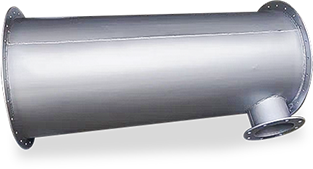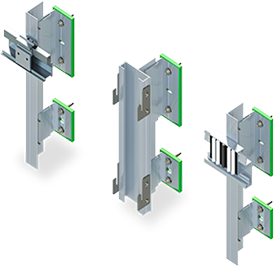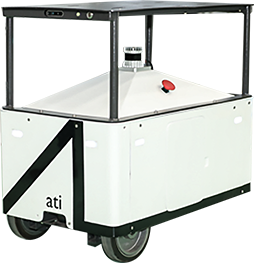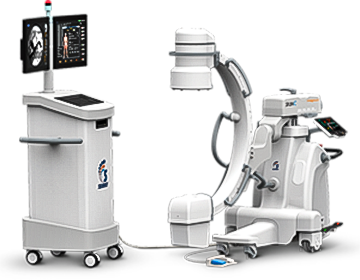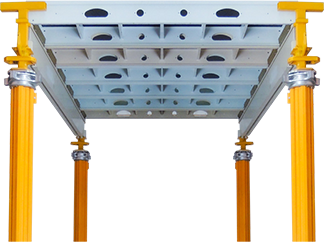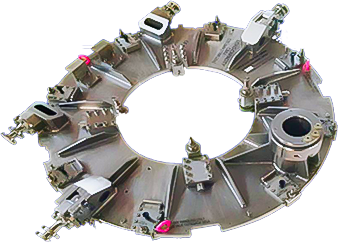
In today’s fast-paced and customer-centric business environment, project-based manufacturing has emerged as a game-changing approach that revolutionizes the way goods and services are produced and delivered.
Project-based manufacturing revolves around the idea of tailoring production processes to meet unique project requirements. Unlike traditional manufacturing models that focus on mass production and standardization, project-based manufacturing emphasizes individualized solutions. This approach allows organizations to adapt swiftly to changing customer demands, stay ahead of the competition, and deliver superior value to their clients.
In this blog post, we aim to present an all-encompassing manual on project-based manufacturing, offering valuable insights, effective strategies, and top-notch recommendations.
Understanding the Project Requirements
The initial phase of project-based manufacturing entails gaining a thorough comprehension of the project prerequisites. This necessitates close collaboration with the customer to ascertain their precise demands and specifications. The design team must collect all essential details, encompassing product specifications, materials, and production quantities, to devise a comprehensive project blueprint.
Sustained communication with the customer throughout the project lifecycle is crucial to fulfilling their requirements. Consistent meetings or progress reports effectively keep the customer well-informed and engaged in the project. This fosters a reduced likelihood of misunderstandings or errors, guaranteeing that the final deliverable aligns with the customer’s expectations.
Designing the Product
The next step in project-based manufacturing is designing the product. The design team should use the information gathered during the project requirements phase to develop a detailed product design. The design should take into account the customer’s requirements, as well as any technical or manufacturing constraints.
It is crucial to involve the manufacturing team in the design phase to ensure that the product can be manufactured efficiently and cost-effectively. The manufacturing team can provide valuable insights and recommendations on materials, production methods, and other factors that can impact the final product.
Producing Prototypes
Creating prototypes holds paramount importance in project-based manufacturing as it enables businesses to evaluate the product design and implement any essential modifications prior to commencing mass production. Diverse techniques such as 3D printing, CNC machining, or manual fabrication can be employed to fabricate prototypes.
Active involvement of the customer during the prototype testing phase is crucial to ensure the product aligns with their specifications. By incorporating the customer in this phase, valuable feedback pertaining to the product design, functionality, and performance can be obtained, thereby facilitating enhancements to the final product.
Manufacturing the Product
Once the product design has been finalized and prototypes have been validated, the subsequent stage entails progressing toward mass production. The manufacturing team must undertake a thorough and detailed development of a comprehensive production plan, taking into account crucial elements like production volumes, materials, and manufacturing processes.
Vigilant monitoring of the production process is of utmost importance to ensure strict compliance with the specified requirements and standards for the final product. The implementation of quality control measures, including statistical process control or Six Sigma, can play a pivotal role in ensuring that the product achieves the desired levels of quality standards.
Outsourcing Manufacturing to a Solutions Provider
Outsourcing manufacturing to a solutions provider like Karkhana.io can be an excellent option for businesses that do not have the necessary expertise or infrastructure to manufacture products in-house. Manufacturing solutions providers have the equipment, expertise, and infrastructure to produce custom products efficiently and cost-effectively.
Outsourcing manufacturing can also help businesses to reduce costs and improve supply chain management. Manufacturing solutions providers can help businesses to source materials, manage inventory and reduce lead times, resulting in a more efficient and cost-effective manufacturing process.
Best Practices for Project-Based Manufacturing
Here are some recommended strategies for project-based manufacturing:
- Formulate a comprehensive project plan that encompasses customer requirements, production volumes, and materials.
- Engage the manufacturing team during the design phase to ensure efficient and cost-effective production feasibility.
- Implement quality control measures, such as statistical process control or Six Sigma, to guarantee that the final product meets the required quality standards.
- Maintain regular and effective communication with the customer to ensure their needs are fulfilled and keep them updated on project progress.
- Utilize prototypes to thoroughly test the product design and incorporate necessary modifications prior to commencing mass production.
- Explore the option of outsourcing manufacturing to a solutions provider to optimize cost-efficiency and enhance supply chain management.
Conclusion
Project-based manufacturing is a popular manufacturing approach used by businesses of all sizes. By understanding the project requirements, designing the product, producing prototypes, and manufacturing the product efficiently, businesses can produce custom products that meet the required specifications and standards. Outsourcing manufacturing to a solutions provider can also be an excellent option for businesses that do not have the necessary expertise or infrastructure to manufacture products in-house. By following best practices and implementing quality control measures, businesses can ensure that project-based manufacturing is a success.
For businesses seeking a reliable partner for project-based manufacturing, Karkhana.io stands as a dedicated solution. With our commitment to transforming the traditional manufacturing industry in India, we offer flexible and scalable manufacturing services. By leveraging our extensive network of verified and certified suppliers, we address the inefficiencies that persist in the manufacturing process across the country. Throughout our journey, we have collaborated with esteemed customers like Exponent and Upliance.ai, providing comprehensive support for their projects. Our services encompass every aspect, starting from offering design for manufacturability feedback to procuring raw materials and managing product assembly and logistics.
Partnering with Karkhana.io enables businesses of all sizes to navigate project-based manufacturing with ease. From understanding project requirements, procuring raw materials, and ensuring efficient manufacturing, we assist in delivering custom products that meet the required specifications and standards. By adhering to best practices and implementing rigorous quality control measures, we strive to ensure the success of project-based manufacturing endeavors.





